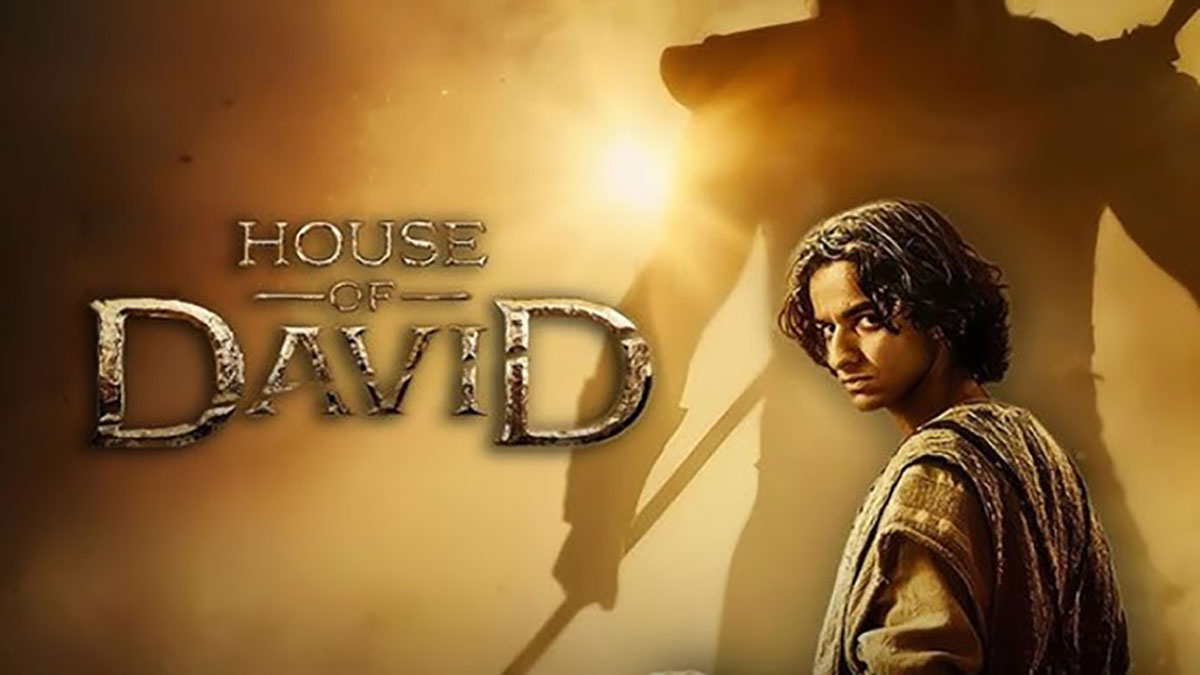Now Reading: Where House of David Shines—and Where It Doesn’t
-
01
Where House of David Shines—and Where It Doesn’t
Where House of David Shines—and Where It Doesn’t

Last month, we shared our early thoughts on House of David—and we’ll admit, we were hopeful. The tone was reverent, the atmosphere and cinematography were rich and weighty, and the early episodes gave space for character development rarely seen in biblical adaptations. We said then that the series had real potential. Now, with Season 1 complete, it’s time to give the full verdict.
There’s no question the show takes liberties with Scripture—far more than we’d like (which would be zero, but that’s not a realistic wish). And yet, its deviations aren’t as reckless as they first appear. What’s fascinating—and at times even enlightening—is that many of the creative narrative choices are rooted in rabbinic literature and Hebrew folklore, not modern invention. For example, the series draws on a lesser-known Midrash that identifies the Witch of Endor as Abner’s mother. Similarly, it reflects a traditional Jewish speculation that David’s marginalized status in Jesse’s house was due to the perceived illegitimacy of his birth. These ideas don’t come directly from Scripture, but they do come from within the Jewish tradition—and that adds a layer of cultural texture worth noting.
That said, not all the artistic choices accomplish that feat. For example, David’s relationship with Michal is heavily overdramatized—even romanticized to the point of being sappy. The biblical account of their relationship gives us political tension, broken loyalty, and eventual estrangement (isn’t that good enough?); but the series gives us wistful longing and star-crossed love. It’s not just a biblical overreach—it feels tonally off in a story that should be about war, covenant, and divine calling.
Finally, I we feel several of the creative adaptations of the biblical record simply go too far. In the final episode, the series has David being speared by Goliath before he slays the giant. This contradicts the clear biblical account in 1 Samuel 17, where David is never touched as he stands in God’s protective anointing. That change matters. Even more problematic is the portrayal of Eshbaal (Ish-bosheth) taking the throne before Saul’s death. That rewrite significantly reshapes Saul’s succession narrative. For us, these two changes ended the season on a deeply unbiblical note.
Still, House of David is far from a waste. The production quality is high. The performances are grounded. And while it doesn’t fully capture the very real, supernatural empowerment that defined David’s rise—such as the fearless confidence he showed in Saul’s court when others cowered—it still carries more weight than most biblical screen adaptations. In a media landscape where serious biblical history films are painfully rare, this one earns a watch.
If you know the Bible, this series can be an entertaining ride with plenty of opportunities to discuss the good, the bad, and the ugly with your friends and family. If you don’t know the Bible, then what are you waiting for? The greatest story ever told is always at your fingertips. Don’t miss it!
















